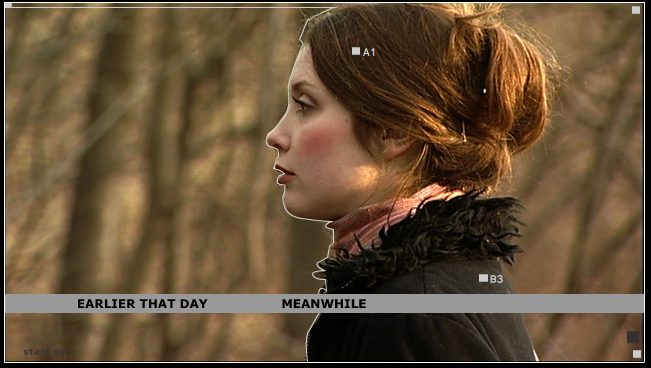Xich lo (1995) by Vietnamese/French director Anh Hung Tran is unlike the other two features he directed (see
my earlier entry). The photographic cinematography is there, but the style is urban and violent. In Cyclo a poor and naive brother and sister enter a cycle of underworld prostitution and gang violence, almost losing their innocent lives. The treatment of the random violence in post-war Vietnam is unlike the methodical American lyrical violence. It is the random cutting of street life. The director puts it well in this Film Scouts Interview.
That’s why I hope you felt another kind of violence here, a moral violence. I often hear people say that in American films violence is gratuitous, I don’t agree. It’s always justified, meaning the hero’s wife gets killed early on, so he retaliates, therefore it’s justified. That’s mechanical violence. In Quentin Tarantino’s films, on the other hand, the violence is playful, jubilant.
When you deal with violence, you must avoid the playful, the jubilant, the laughter, and the justification. It’s easy satisfaction. When Cyclo’s bicycle is stolen, there’s no need for the young robbers to hit him. Yet they do, and I show it, to give you the feeling of how unfair it is. I even make the scene a tad longer, so as to make the unfairness of it all, and the violence it entails, even more unbearable, and you can’t desire it. As opposed to “Reservoir Dogs” where, after the guy has had his ear chopped off, you’re frustrated because he’s not burnt to ashes.
That’s why I’ve never been comfortable with Tarantino’s taste for blood.
.
